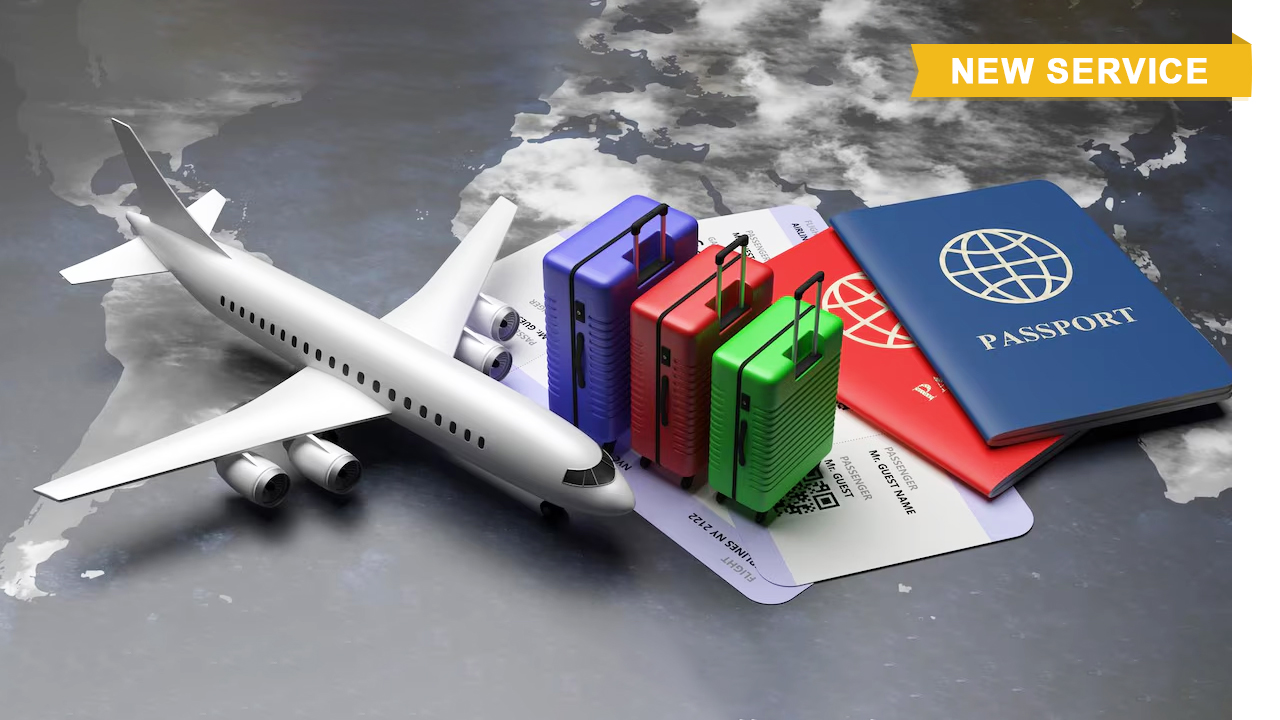Why Us?
- 95% visa approval rate
- Extensive support with visa documentation
- Competitive Pricing
- Highly skilled advisory team
- Ethical, Transparent, and timely service
- Minimized error risk
- Customized, individualized assistance
FAQs
- What is a dependent visa?
A UK Dependant Visa is a type of visa that allows family members or dependents of individuals who are either settled in the UK or are currently holding a valid UK visa to join them in the UK. This visa category is typically applicable to spouses, civil partners, unmarried partners, and children.
- Who can apply for a dependant visa?
This dependent visa category is typically applicable to spouses, civil partners, unmarried partners, and children. your child under 18 – including if they were born in the UK during your stay, your child over 18 if they’re currently in the UK as your dependant.
- How do I apply for a dependant visa?
Go to the UK government’s official visa application website and complete the online application form. Provide accurate and truthful information and be prepared to pay the application fee. Book Biometric Appointment
- Link to apply for the partner outside UK: https://apply-to-visit-or-stay-in-the-uk.homeoffice.gov.uk/sort/live-in-crown-dependency/pbs_dependant_partner_out_uk?uid=d18d848a-1baa-4d8b-8bf2-ce55e0341db3&cookiesPreferencesURL=https%3A%2F%2Fapply-to-visit-or-stay-in-the-uk.homeoffice.gov.uk%2Fdashboard%2Fcookies&cookiesPolicyDomain=apply-to-visit-or-stay-in-the-uk.homeoffice.gov.uk&showBanner=true
- Link to apply for the partner outside UK: https://apply-to-visit-or-stay-in-the-uk.homeoffice.gov.uk/sort/live-in-crown-dependency/pbs_dependant_child_out_uk?uid=7a64f362-0295-416d-9667-3b2bdbb2d4ba&cookiesPreferencesURL=https%3A%2F%2Fapply-to-visit-or-stay-in-the-uk.homeoffice.gov.uk%2Fdashboard%2Fcookies&cookiesPolicyDomain=apply-to-visit-or-stay-in-the-uk.homeoffice.gov.uk&showBanner=true
- What documents do I need to provide to apply for a dependant visa?
- Any other document to establish the partnership
- Birth certificate of dependent children
- Proof of fund of the sponsor (via bank statements)
- Medical test results
- Good Standing certificate (PCC)
- Proof of employment of the sponsor
- Other documents equivalent to the Certificate of Eligibility
- What is the processing time for the dependant visa?
From outside the UK, a Dependant visa could take 12 weeks to be processed, from the date of your visa appointment. For an additional fee the application can be submitted using the priority service, which would normally expedite the decision to within 5 working days.
- What is the fee structure for applying for a dependent visa?
The fee structure for applying for a UK Dependant Visa can vary based on factors such as the type of visa, the applicant’s nationality, and where the application is made (inside or outside the UK).
- Application Fee: The main fee for applying for a UK Dependant Visa. This fee varies depending on the type of visa and whether the application is made from inside or outside the UK.
- Biometric Enrolment: Applicants may need to pay a fee for biometric enrolment (fingerprinting and photograph) as part of the application process.
- Optional Premium Services: Some applicants may opt for premium services such as priority processing, premium processing, or super-priority processing, which involve additional fees.
- Other Optional Services: Depending on the applicant’s circumstances and preferences, there may be additional optional services available, such as document translation or courier services.
It’s essential to check the most up-to-date fee structure on the official UK government website or consult with a qualified immigration advisor for accurate information before applying. Fees are subject to change, so it’s crucial to verify the latest information.
- What are the advantages of a dependent visa?
The advantages of a UK Dependant Visa include:
- Joining Family: It allows family members to join their spouse, partner, parent, or child who is living and working in the UK.
- Access to Education: Dependent children can access education in the UK, including state-funded schools and universities.
- Access to Healthcare: Dependants are usually eligible to access the UK’s National Health Service (NHS) without additional charges after paying the Immigration Health Surcharge.
- Permission to Work: In many cases, dependants are allowed to work in the UK, although there may be restrictions depending on the type of visa held by the main applicant.
- Opportunities for Personal and Professional Development: Living in the UK can provide access to various opportunities for personal and professional growth, including cultural experiences, language learning, and career advancement.
- Stability and Security: Being together with family members can provide emotional support, stability, and a sense of security, particularly for children and spouses.
- Possibility of Settlement: Depending on the circumstances and visa category, some dependants may eventually be eligible to apply for settlement (indefinite leave to remain) in the UK after meeting certain residency requirements.
It’s important to note that the specific advantages and conditions of a UK Dependant Visa can vary depending on factors such as the type of visa held by the main applicant and the relationship of the dependant to them.
- What will be the duration of stay under the dependant’s visa?
The duration of stay under a UK Dependant Visa can vary depending on several factors, including the visa category of the main applicant and the length of their stay in the UK.
- Same Duration as the Main Applicant: In many cases, the duration of stay for dependants will be the same as the main applicant’s visa. For example, if the main applicant holds a Tier 2 (General) work visa valid for three years, dependants usually receive visas for the same period.
- Extension or Renewal: Dependants may be able to extend or renew their visa along with the main applicant if they wish to continue staying in the UK beyond the initial visa period. This typically involves meeting certain eligibility criteria and providing evidence to support the application.
- Indefinite Leave to Remain (Settlement): In some circumstances, dependants may become eligible to apply for Indefinite Leave to Remain (ILR), also known as settlement, after residing in the UK for a specified period under certain visa categories. This usually involves meeting residency requirements and demonstrating good character.
It’s important to check the specific visa conditions and duration of stay eligibility criteria for the visa category and circumstances involved. This information can typically be found on the official UK government website or by consulting with a qualified immigration advisor.
- Is it possible for dependent visa holders to work?
The ability of dependents to work in the UK is often linked to the type of visa held by the main applicant. If the main applicant is eligible to work in the UK, dependants may also be permitted to work. Dependents of individuals holding a Tier 2 (General) work visa are usually allowed to work in the UK without restrictions. They can take up employment in any occupation and at any skill level.
- How much funds will be required to obtain a dependant visa?
The amount of funds required to obtain a UK Dependant Visa can vary depending on several factors, including the visa category of the main applicant, the number of dependants applying, and the length of stay in the UK.
Dependents may need to demonstrate that they have sufficient funds to support themselves and any accompanying family members during their stay in the UK. The specific amount required can vary depending on factors such as the visa category and whether the main applicant is already settled in the UK.
Your partner and children must have a certain amount of money available to support themselves while they’re in the UK.
- £285 for your partner
- £315 for one child
- £200 for each additional child
contact.us@walsonshealthcare.com
+91 93197 29807 | +91 73031 92427 | 1800 420 4488
Disclaimer: Government regulations and individual circumstances may affect visa outcomes; while we aim for accuracy and timeliness, we cannot guarantee application results

